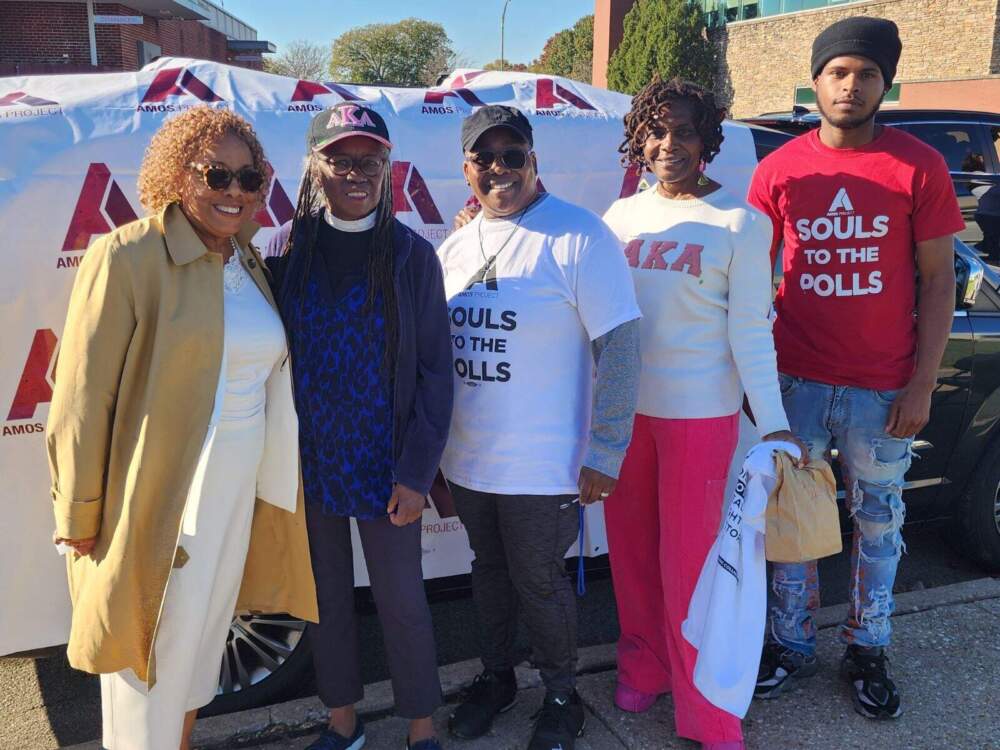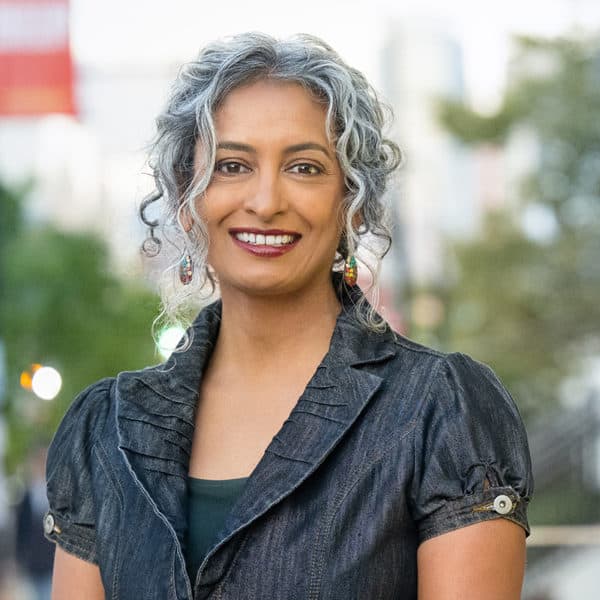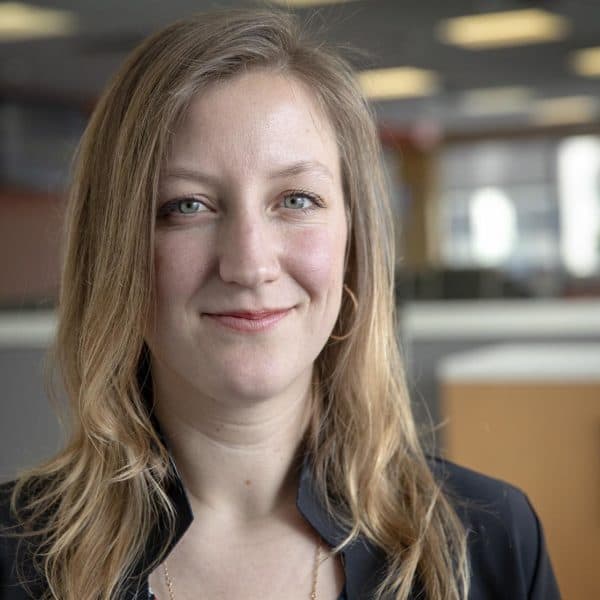Advertisement
Organizers in Ohio work to engage ‘rightfully cynical’ Black voters
Resume
Abortion rights won big in Ohio this Election Day. And progressive community organizers attribute much of that success to Black voters in the state.
Increased turnout of Black voters is largely a result of activists like Prentiss Haney, co-executive director of the nonprofit Ohio Organizing Collaborative and his colleague Pastor Lesley Jones, who leads conversations with local clergy on social justice issues. They’ve been on the ground ahead of this election season engaging and registering Black community members from all walks of life.
Ahead of the 2024 election, Haney and Jones stress the importance of Black voices in the political realm. But they recognize that previously unengaged Black voters are “rightfully cynical,” as they have been historically disenfranchised in the political process.
“I think people want a change in equity and an opportunity,” says Jones. “Some people would call that reparations. Some people would call that paying it forward. But it's that equity and that opportunity that allows me to be whole.”
5 questions with Prentiss Haney and Pastor Lesley Jones
What did your work entail leading up to the election, especially around reproductive rights?
Pastor Lesley Jones: “It involved us having a myriad of conversations with particularly Black clergy and people of faith and really debunking many of the myths and some of the storyline that has been around for many, many years around abortion being a form of genocide in the black community.
“We had conversations about reproductive rights and choice and freedom.”
Many people think of abortion rights and religion as being antithetical. What do you say to that?
Jones: “As a Christian, God gives us free will. We recognize that there are consequences for all the choices that we make, but ultimately, God gives us a right to make a choice. And so any law, any policy, any legislation that would deny a person's choice, I believe is antithetical to my belief as a Christian and the practice of free will.”
“What we're really talking about is a compassionate conviction, helping people to be compassionate while standing on their convictions. So many of the folks that I've talked to it, even myself, would identify as being both pro-choice and pro-life.”
In Ohio, only 53% of white voters said they voted in favor of reproductive rights. But 83% of Black voters did. Why do you think this community showed out so strongly?
Prentiss Haney: “I think what we're seeing is a sleeping giant in Ohio that's finally awakening with Black voters.
“And what's so exciting about it is that there's not just one type of Black voter in Ohio that said ‘yes’ to this amendment. There are multiple different Black voters who are not a monolith, who have different values and ideology, who came together and said that agency and freedom is a thing that they value most.
“While abortion and reproductive rights were on the ballot, the real question that was on the ballot was agency. And that's what really happened that day. I'm not surprised by the support levels.”
What groups did you target to get them more engaged in the voting process ahead of the election?
Haney: “There's three segments in Ohio that we really pay attention to, like legacy civil rights. These are the people of faith and folks who knew 60 years ago that we weren't even fully enfranchised.
“Next-gen optimists, who tend to be students on campus who want to vote and care about voting, but they just don't know how.
“One of the biggest groups in Ohio, which are rightfully cynical. So these are Black voters who are working class, who oftentimes identify as independent, who are frustrated with all parties and feel like they have a low sense of power.
“Went out and we focused on registering these voters. So we went out and registered young people on college campuses. We registered Black voters in communities. And especially, we registered folks who were coming home from prison, who are in the process of reimagining their own citizenship and their own dignity and what it means to be a full citizen in Ohio.”
What will President Biden and other candidates in the 2024 election have to do to win the support of Black voters?
“The rightfully cynical voters are actually the most registered voters in the state. But they're also not voting at the rates that they can. So what that means is that these voters are not mobilization targets. They are persuasion targets. They are deciding between voting and not voting.
“Biden is going to have to make sure that there are messages and programs and real successes that show rightfully cynical voters who are Black that there's a reason for them to show up and that their political power will make the difference.
“What we saw on Tuesday night is that those voters, along with the other clusters, showed up because they got to vote on an issue that mattered to them. And they didn't have to wait for politicians to deliver it.”
Ashley Locke produced and edited this interview for broadcast with Todd Mundt. Grace Griffin adapted it for the web.
This segment aired on November 9, 2023.

